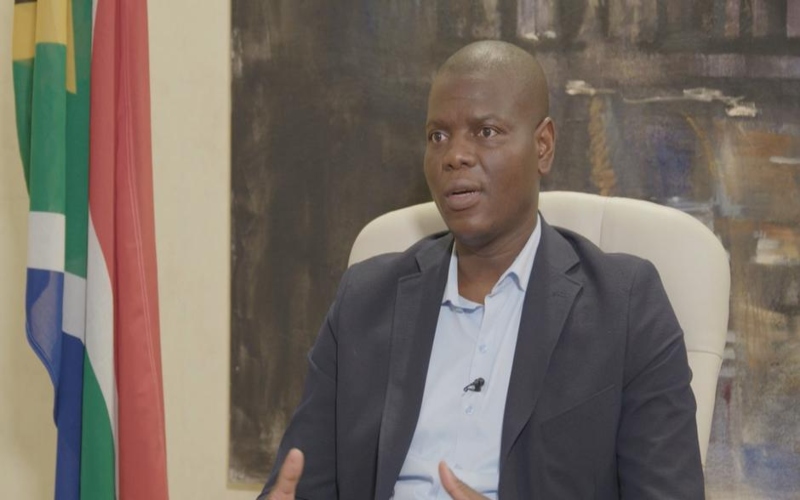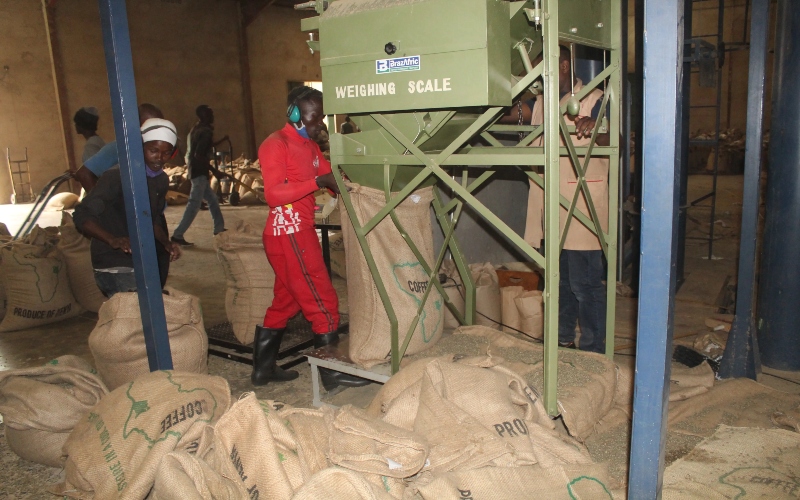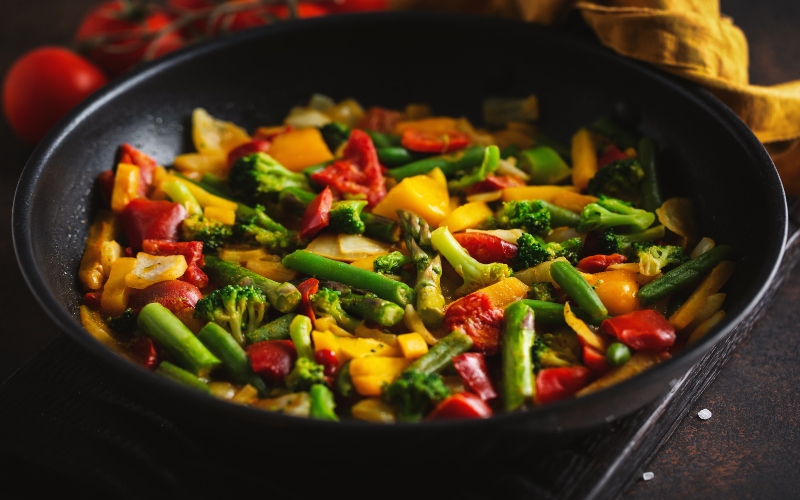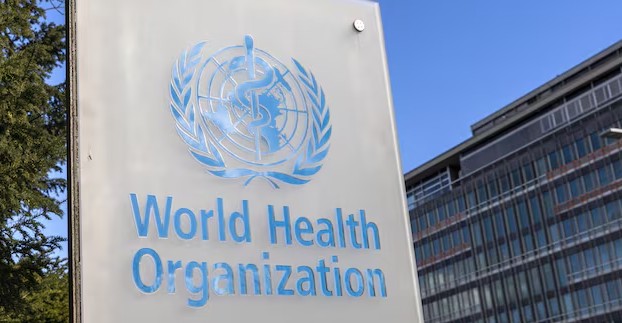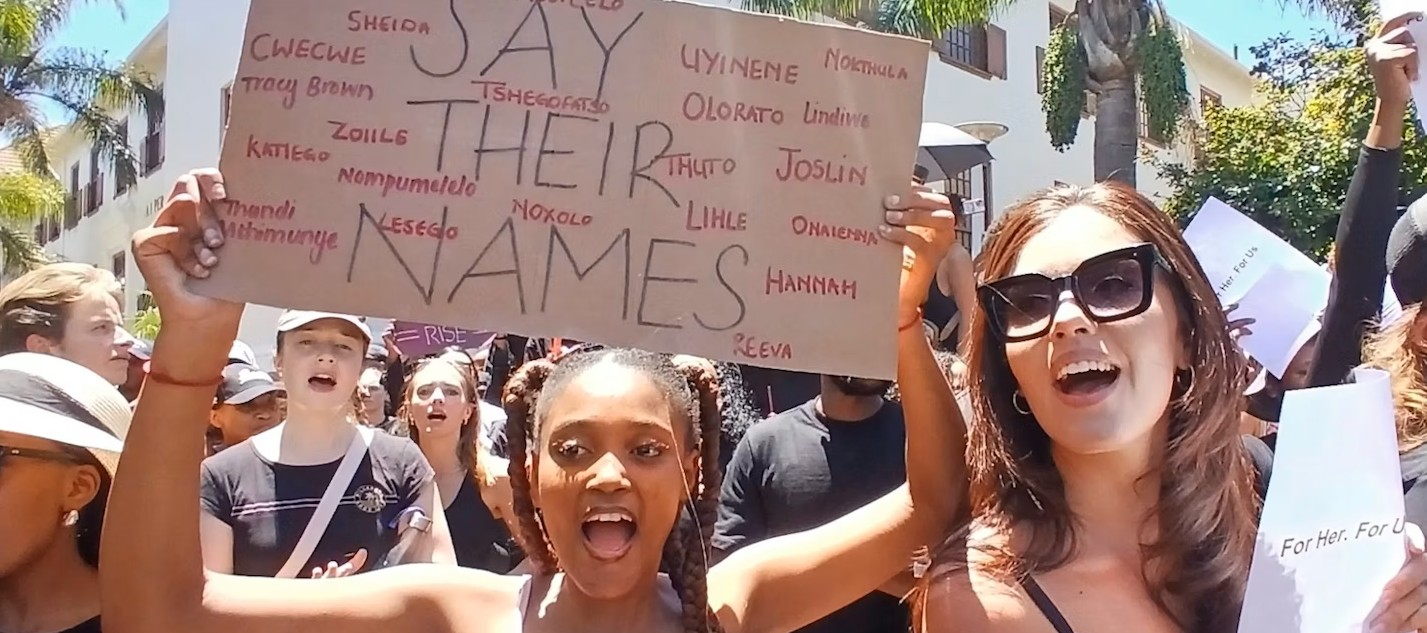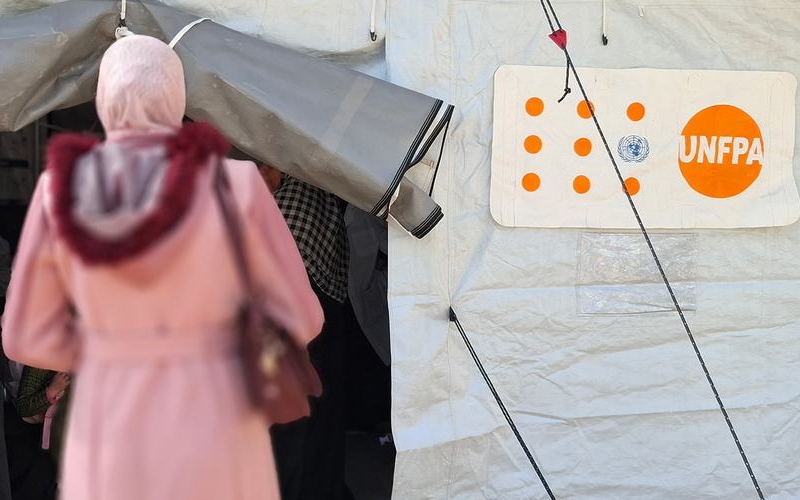Ivory Coast votes: Economic progress meets political exclusion in high-stakes election
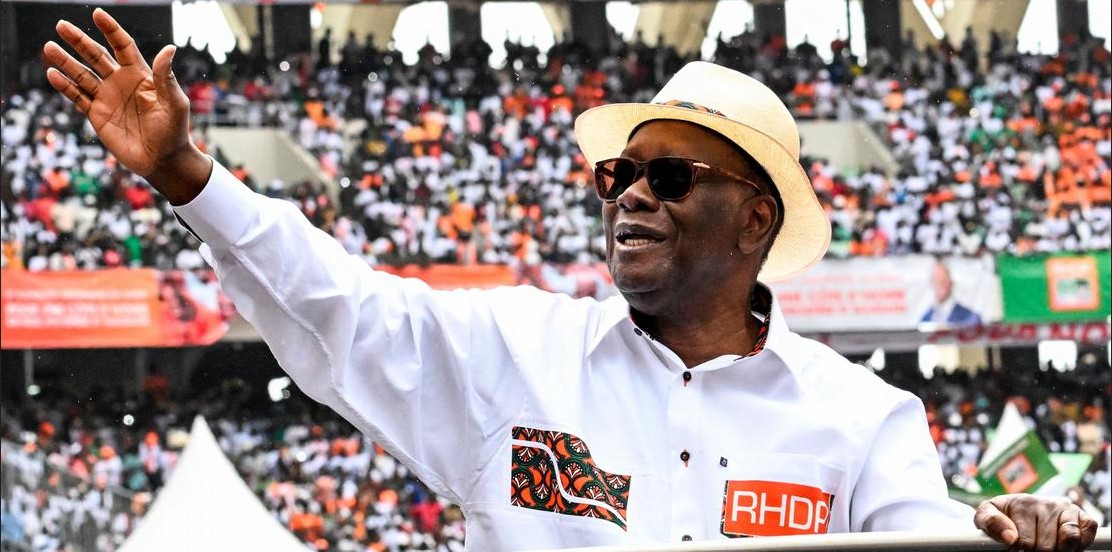
With opposition figures barred and regional instability looming, Ivory Coast’s 2025 presidential vote tests the resilience of its democracy and the sustainability of its economic growth.
Ivory Coast is set to hold a presidential election on October 25, following a decade of relative stability after the post-electoral crisis of 2010–2011, which left thousands dead and the nation deeply divided. While the country has since experienced strong economic growth, significant political fault lines persist.
The election will use a two-round system: if no candidate secures more than 50 per cent of the vote, a runoff will be held. The elected president will serve a five-year term, giving them the opportunity to shape the nation’s political direction for the rest of the decade.
More To Read
- Nigeria provides safe haven for Guinea-Bissau opposition leader as coup crisis deepens
- Guinea-Bissau military takeover after disputed election sparks ECOWAS action
- Wave of coups in Africa: What President Paul Kagame thinks
- African Union suspends Guinea-Bissau over coup
- Deposed Guinea-Bissau President Umaro Embaló flown to Senegal as coup deepens
- ECOWAS suspends Guinea-Bissau after post-election coup
President Alassane Ouattara, 83, is seeking a fourth term after constitutional changes in 2016 reset term limits. A former International Monetary Fund economist, Ouattara is widely expected to win. Under his leadership, Ivory Coast has become one of Africa’s fastest-growing economies, supported by major infrastructure investments.
According to the World Bank, Ivory Coast "has sustained one of the fastest growth rates in sub-Saharan Africa for more than a decade." The Bank adds that "between 2012 and 2019, real GDP expanded at an average of 8.2 per cent," with growth continuing even through the Covid-19 pandemic.
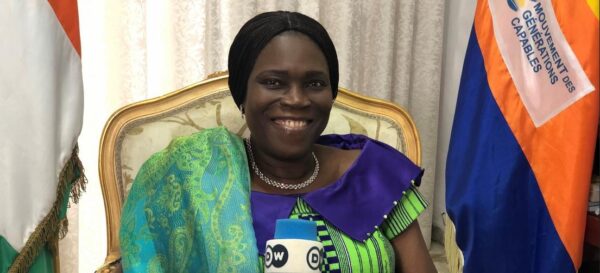 Simone Ehivet Gbagbo of the Movement of Capable Generations has promised social reforms if elected. (Photo: Julien Adayé/DW)
Simone Ehivet Gbagbo of the Movement of Capable Generations has promised social reforms if elected. (Photo: Julien Adayé/DW)
One notable beneficiary of government investment is the agricultural hub around Daloa, about 140 kilometres (85 miles) west of the capital, Yamoussoukro. Previously lacking industrial zones, the area has seen significant improvements under the Infrastructure Renewal and Urban Management Project (PRICI), which invested in roads, water, sanitation, and public buildings.
Daloa resident Danielle Zahui told DW: "We came out in numbers to thank the president for what he's done for Daloa."
However, challenges remain. Only 25 per cent of secondary roads are paved, and the 191-kilometre stretch connecting Daloa, Vavoua, Seguela, and Kani is in poor condition.
"The road is terrible," said tailor Yaya Sanogo. "Even getting around is a problem." Ahead of the election, Ouattara has promised a new highway linking Daloa to Yamoussoukro.
"We're entering the 2025–2030 period with energy," Ouattara told Daloa residents during his campaign in early October. "Growth will continue, and we'll deliver more infrastructure, production and better living conditions."
Ouattara’s bid for another term under the Rally of Houphouetists for Democracy and Peace (RHDP) party has reignited debate over term limits and democratic credibility.
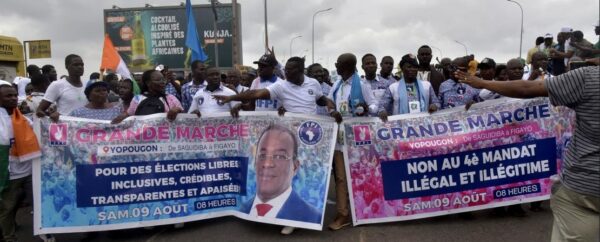 Opposition supporters have demanded electoral reforms and the inclusion of candidates such as Laurent Gbagbo and Tidjane Thiam (Photo: Diomande Ble Blonde/AP Photo/Picture Alliance)
Opposition supporters have demanded electoral reforms and the inclusion of candidates such as Laurent Gbagbo and Tidjane Thiam (Photo: Diomande Ble Blonde/AP Photo/Picture Alliance)
Several prominent opposition figures have been barred from running, including former president Laurent Gbagbo, ex-prime minister Guillaume Soro, former prime minister Pascal Affi N’Guessan of the Ivorian Popular Front, former youth leader Charles Blé Goudé, and former Credit Suisse CEO Tidjane Thiam. Their exclusion has drawn criticism and raised concerns about the fairness of the electoral process.
Thiam, leader of the Democratic Party of Ivory Coast – African Democratic Rally (PDCI-RDA), had been considered Ouattara's strongest challenger. He was disqualified for being a French-Ivorian dual national and removed from the electoral roll for not renouncing his French nationality in time. He described the election as a "coronation," accusing the Ouattara government of abandoning democracy.
Longtime political figure Simone Ehivet Gbagbo of the Movement of Capable Generations party is running on a platform focused on decentralisation, education, and social reform.
"We are still fighting for our democracy, and for decentralisation of power," the ex-wife of the former president told DW.
Henriette Lagou Adjoua, former minister for women’s affairs, is also a candidate. She has pledged stronger legal protections and full implementation of the 30 per cent quota law, aimed at boosting female participation in politics and policy-making.
"Women are being marginalised," she said. "If I win, gender equality will prevail."
Jean-Louis Billon, a businessman and former minister, told DW that his campaign focuses on economic growth and private sector development.
"Ivorians want change," he said. "We can achieve change through the election. Let's dare to change. Let's go vote. All of us."
With more than 60 per cent of Ivorians under the age of 25, according to the United Nations Population Fund, job creation is a pressing concern.
Ahoua Don Mello, vice-president of the African People’s Party – Côte d’Ivoire, is running as a "precautionary candidate" for the banned ex-president Gbagbo. His priorities include democratic reform, economic sovereignty, and Pan-African integration.
"We need an amnesty law to release political prisoners and restore excluded candidates' rights," he told DW.
Though not barred from the vote, these lesser-known candidates are not seen as serious challengers by the Ouattara government and are unlikely to win.
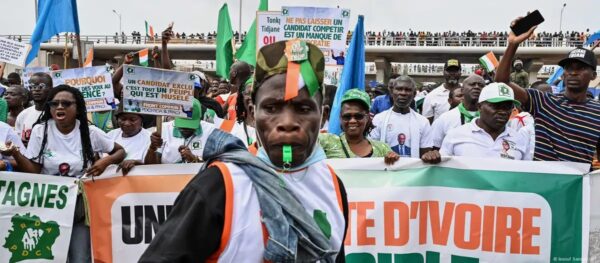 Earlier this year, demonstrators near Ivory Coast's capital, Abidjan, marched for the reinstatement of opposition candidates ahead of the October 25 election. (Photo: Issouf Sanogo/AFP)
Earlier this year, demonstrators near Ivory Coast's capital, Abidjan, marched for the reinstatement of opposition candidates ahead of the October 25 election. (Photo: Issouf Sanogo/AFP)
Regional instability in neighbouring Burkina Faso, Mali, and Guinea has made security a major concern. To safeguard the electoral process, the government launched Operation Hope, deploying 44,000 security personnel and banning protests. While officials say the measures aim to maintain order, critics argue they limit opposition mobilisation and public debate.
Amnesty International has criticised the blanket ban on peaceful demonstrations as a violation of civil liberties and democratic norms. Meanwhile, disinformation campaigns from Sahel countries prompted government warnings, including billboards stating: "Fake news divides, truth unites."
In August, the National Agency for Information Systems Security accused social media accounts from Sahel countries, with tens of thousands of followers, of attempting to "incite disorder" following the exclusion of Thiam and other politicians.
The Economic Community of West African States (ECOWAS) has deployed long-term observers to monitor the election and help prevent conflict. Amid coups and disputed elections in the region, Ivory Coast’s vote is seen as more than a contest for power — it is a test of the country’s democratic resilience.
Top Stories Today

